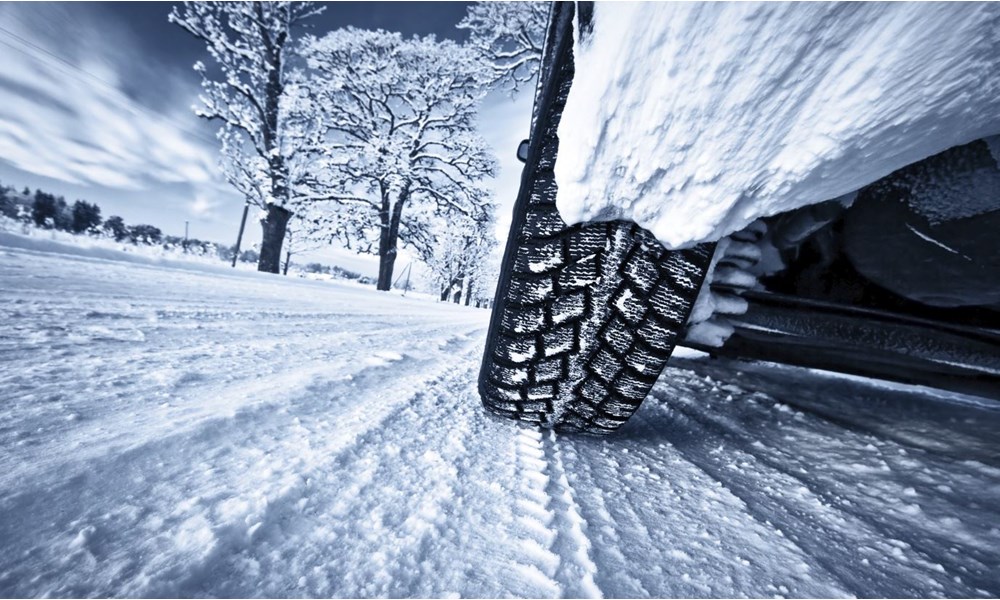How To Protect Your Car's Exterior In Cold Weather

The harsh weather of winter can seriously take its toll on your car's exterior. Freezing temperatures, ice, snow, and cold winds can all damage your car, so it pays to take precautions. Before the winter sets in, learn how to protect your car's exterior from the worst extremes of nature.
Your paint work is extremely vulnerable from the cold weather, so the best way to protect it is to apply an appropriate wax. Traditional car waxes based on carnauba and other materials are unlikely to be able to withstand the excesses of winter. Opt instead for a synthetic wax or sealant to protect your car's paint work. Products based on an acrylic resin will help seal against the salt and grit of winter roads. For more advice on the products that are suitable for your vehicle’s paint work, consult the service department at your local dealership.
If you wait too long, it can be very difficult to get the right finish on your wax. The low temperatures make it very hard to get the correct consistency. If you have a heated garage, however, it might be possible to top up your wax. You can also buy specialist sprays which will provide a quick top-up and basic protection to see you through until you can re-apply the wax.
Other exterior parts are vulnerable in the winter as well. Bumpers, trim, and rubber door seals are also affected. Extreme temperatures can stress and/or crack certain materials. The sun's ultraviolet radiation can also be a problem. During the winter months, the sun can be surprisingly fierce, especially when reflected by snow or ice. Ultraviolet radiation can fade these materials, or cause them to harden and crack. You can buy specialist products to treat these parts of the car, too, offering additional protection when the temperature drops. Rubber seals around the doors, hood, or trunk should also be treated with a special rubber spray to maintain their shape and elasticity.
Make sure that you wash your car frequently during the winter months. Salt spray from the road can quickly damage paint work, which could lead to costly repair work when the summer weather returns. Try to carefully flush the underside of your car with a high-pressure hose to remove accumulated dirt, debris, and salt deposits.
Wheel wax should be used on your alloy wheels throughout the year to protect them from brake dust. During the winter, a good wax or sealant will offer additional protection against salty deposits and spray from the road. Don't forget your tires, either. You can buy specialist products to seal and protect your tires against the harsh road conditions, which will help maintain performance. Like other parts of the car, your tires are susceptible to the sun's ultraviolet radiation, so ensure that they are fully protected on both sides.
